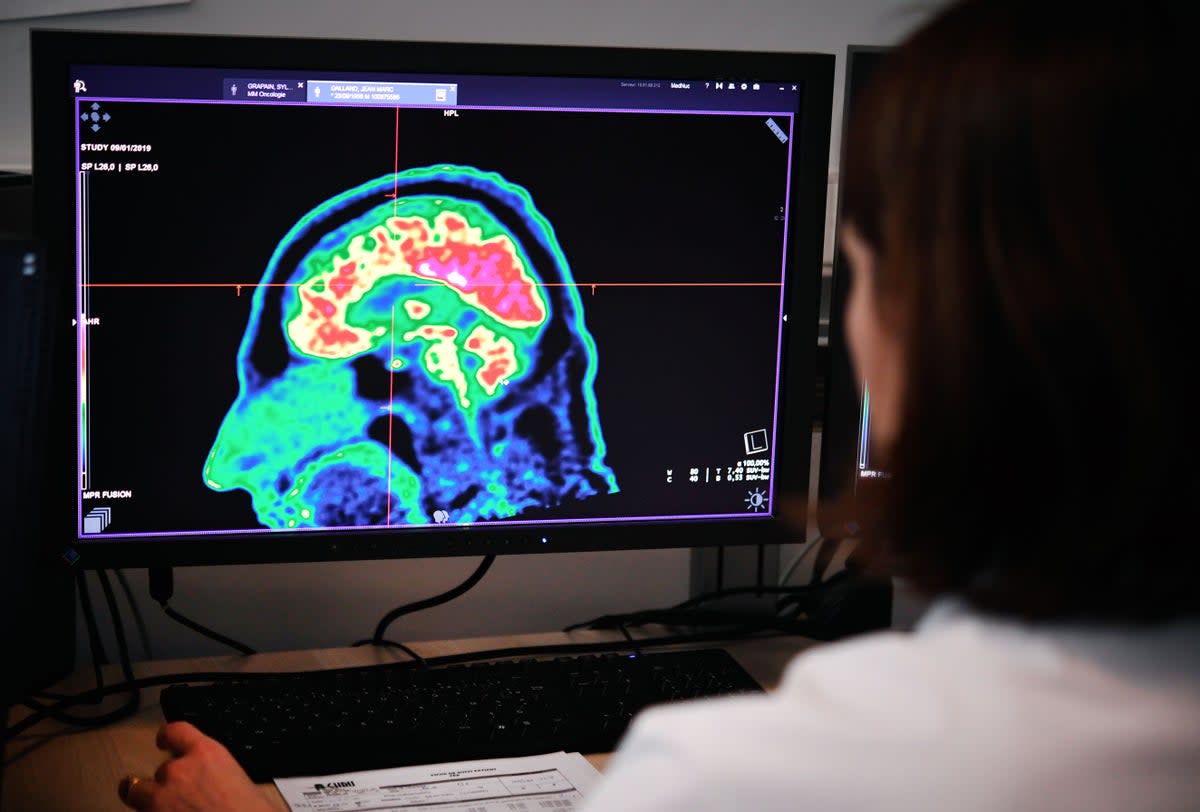Stress caused by gender inequality is damaging women’s brains, study finds

Stress caused by gender inequality is harming women’s brains, a first-of-its-kind study has suggested.
Researchers at more than 70 institutions discovered the outer thickness of the right part of women’s brains was slimmer than men's in countries with worse gender inequality but there was no substantial difference in nations with greater gender equality.
The study, which examined more than 7,800 MRI scans from individuals across 29 countries, noted the parts of the brain impacted are especially linked with stress and emotions.
Dr Nicolas Crossley, the lead author who is visiting professor in the department of psychiatry at the University of Oxford, said: “Our analysis suggests some sex differences in brain structure are associated with the adverse social environment under which many women live.
“These changes were particularly located in brain regions involved in control of emotions and that are also affected in stress-related disorders such as depression and post-traumatic stress disorder.”
Dr Crossley, who is also an associate professor at the Pontificia Universidad Catolica in Chile, said the findings appeared to demonstrate “the effect of chronic stress in women’s brains in gender-unequal environments”.
He added: “Stress affects neurons’ connections, which we would then see as thinning of the grey matter cortex in MRI studies. However, other mechanisms could also be involved, such as the effect of reduced opportunities including education in women’s brains, leading to lower development of connections.
“These results suggest a potential neural connection between gender inequality and higher risks of mental health problems and reduced academic performance - pointing to the potentially hazardous effect of gender inequality on women’s brains.”
Dr Crossley noted the study could be used to inform gender equality policies but said additional research was required to “help examine in greater details how and when this happens”.
Researchers examined MRI scans from just over 4,000 women and almost 4,000 men between the ages of 18 and 40 from nations including the UK, the US, Latin America, China, South Africa, and India.
The research, released in the journal Proceedings of the National Academy of Sciences, saw dozens of academics linked to more than 70 institutions come together.
It comes after a major study, shared exclusively with The Independent, found two in five Britons think efforts to champion women’s equality are so robust that men are being discriminated against.
The research, carried out by King’s College London and Ipsos, found that 53 per cent of men back that view while a third of women take the viewpoint.

